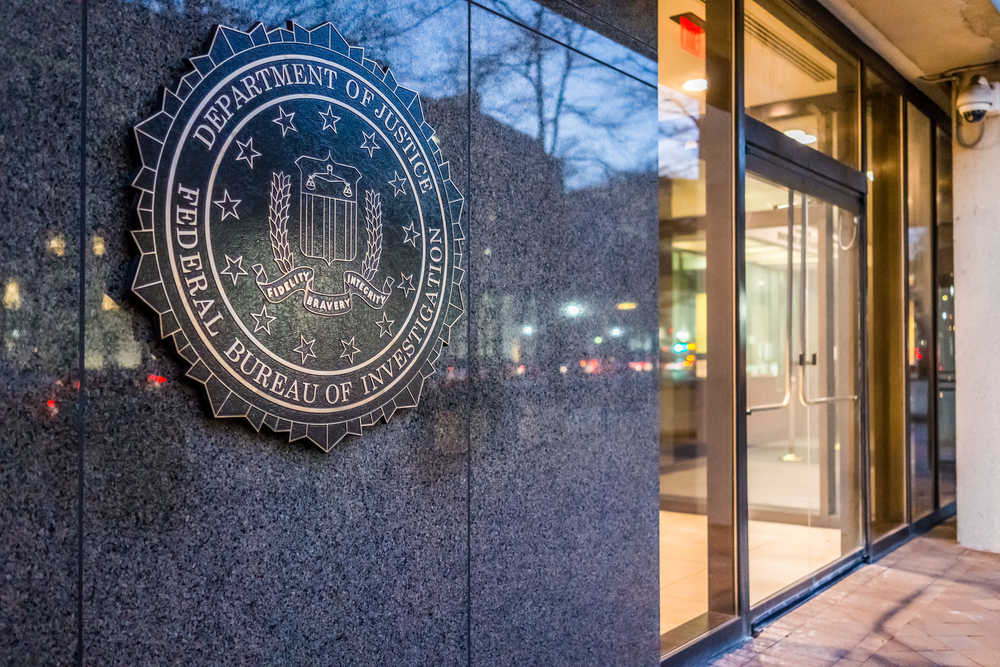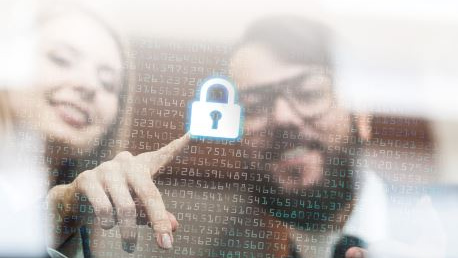FBI urges Olympic athletes to leave personal devices at home due to cyber risk
The organisation has warned that threat actors could use a broad range of cyber activities, including DDoS or ransomware attacks, to disrupt the event


The FBI has urged all athletes to keep their personal smartphones at home and instead use a temporary phone while at the Olympic Games.
The organisation published a notice in which it warns entities associated with the February 2022 Beijing Winter Olympics and March 2022 Paralympics that cyber actors could use a broad range of cyber activities, including DDoS or ransomware attacks, to disrupt the events.
Additionally, the FBI warned Olympic participants and travellers of potential threats associated with mobile applications developed by untrusted vendors.
“The download and use of applications, including those required to participate or stay in the country, could increase the opportunity for cyber actors to steal personal information or install tracking tools, malicious code, or malware,” said the FBI.
The organisation recommends all athletes to use a temporary phone, highlighting that the National Olympic Committees in some Western countries are also advising athletes to leave personal devices at home due to cyber security concerns at the Games.
However, it added that it isn’t aware of any specific cyber threat against the Olympics, but encourages partners to remain vigilant and maintain best practices in their network and digital environments.
It pointed to the 2020 Tokyo Olympics and Paralympics, where there were over 450 million attempted cyber-related incidents during the event, although none were successful due to the cyber security measures in place, according to the NTT Corporation which was in charge of IT security. The most popular attack methods used were malware, email spoofing, phishing, and the use of fake websites and streaming services designed to look like official Olympic service providers.
Sign up today and you will receive a free copy of our Future Focus 2025 report - the leading guidance on AI, cybersecurity and other IT challenges as per 700+ senior executives
The FBI added that the use of new digital infrastructure and mobile applications, like digital wallets or applications that track COVID testing or vaccination status, could also increase the opportunity for cyber actors to inflict damage. This could allow them to steal personal information or install tracking tools, malicious code, or malware. The FBI underlined that athletes will be required to use the MY2022 smartphone app to track their health and travel data.
RELATED RESOURCE

The best defence against ransomware
How ransomware is evolving and how to defend against it
The MY2022 app was analysed by Citizen Lab researchers who said they had found it contained a “devastating” encryption flaw, which it said allowed users’ audio and file transfer encryption to be sidestepped. The researchers also said it fails to validate SSL certificates and can be deceived into connecting to a malicious host.
There also appears to have been some misinformation surrounding the privacy of the Chinese app, with one researcher, Jonathan Scott, claiming that athletes’ audio is being collected, analysed, and saved on servers belonging to a Chinese AI firm with human rights concerns called iFlytek. This claim has been shared by US senators and a prominent podcaster on Twitter.
However, members of the infosec community have said the researcher’s claim is unsubstantiated by any of the evidence provided, even though it has already been shared widely.
Zach Marzouk is a former ITPro, CloudPro, and ChannelPro staff writer, covering topics like security, privacy, worker rights, and startups, primarily in the Asia Pacific and the US regions. Zach joined ITPro in 2017 where he was introduced to the world of B2B technology as a junior staff writer, before he returned to Argentina in 2018, working in communications and as a copywriter. In 2021, he made his way back to ITPro as a staff writer during the pandemic, before joining the world of freelance in 2022.
-
 What the fragmentation of UC means for the channel
What the fragmentation of UC means for the channelIndustry Insights If communications are becoming fragmented, what does that mean for MSPs and VARs?
-
 How SMBs can DIY their IT implementation and support
How SMBs can DIY their IT implementation and supportFeature For some small and medium-sized businesses, the third-party expertise and support might be out of reach. What’s the alternative?
-
 300 days under the radar: How Volt Typhoon eluded detection in the US electric grid for nearly a year
300 days under the radar: How Volt Typhoon eluded detection in the US electric grid for nearly a yearAnalysis Lengthy OT lifespans give attackers time to penetrate networks underpinning critical infrastructure and plan future disruption
-
 The business value of Zscaler Data Protection
The business value of Zscaler Data ProtectionWhitepaper Understand how this tool minimizes the risks related to data loss and other security events
-
 Why your business needs zero trust
Why your business needs zero trustWhitepaper How zero trust can right the wrongs of legacy security architecture
-
 Definitive guide to ransomware 2023
Definitive guide to ransomware 2023Whitepaper A guide to help rethink your defence against ransomware threats
-
 Why Fulham FC’s geography makes running IT so challenging
Why Fulham FC’s geography makes running IT so challengingCase Study Fending off cyber criminals and keeping equipment updated on match days is more difficult than you might think
-
 Hardware security and confidential computing in server platforms
Hardware security and confidential computing in server platformswhitepaper Computing security is central to IT infrastructure transformation
-
 Capita cyber attack could cost firm up to $25 million in fees
Capita cyber attack could cost firm up to $25 million in feesNews Capita’s costs in the wake of a cyber attack could exceed expectations, experts have warned
-
 Capita finally admits breach affecting 4% of its servers
Capita finally admits breach affecting 4% of its serversNews It also allegedly misled the public about when the breach took place
